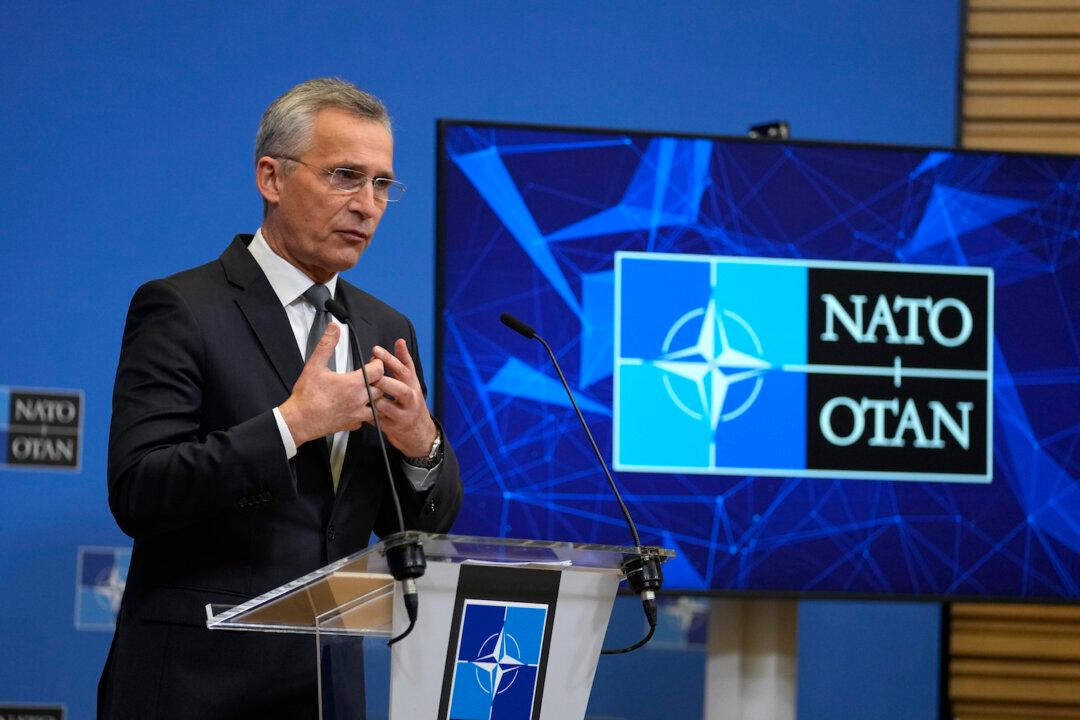Jens Stoltenberg, the Secretary General of NATO, has warned Russia that if Moscow’s attack against Ukraine spills over into other European nations who are member states of NATO, it will force the intergovernmental military alliance to take counteraction.
“For NATO Allies, we provide the absolute security guarantees under the Washington Treaty Article 5. An attack on one will be regarded as an attack on all,” Stoltenberg said in a Feb. 25 press conference.





